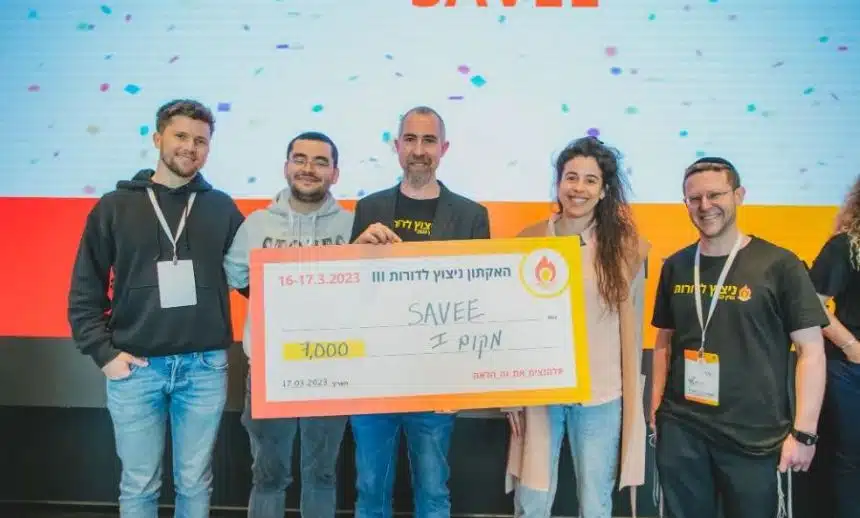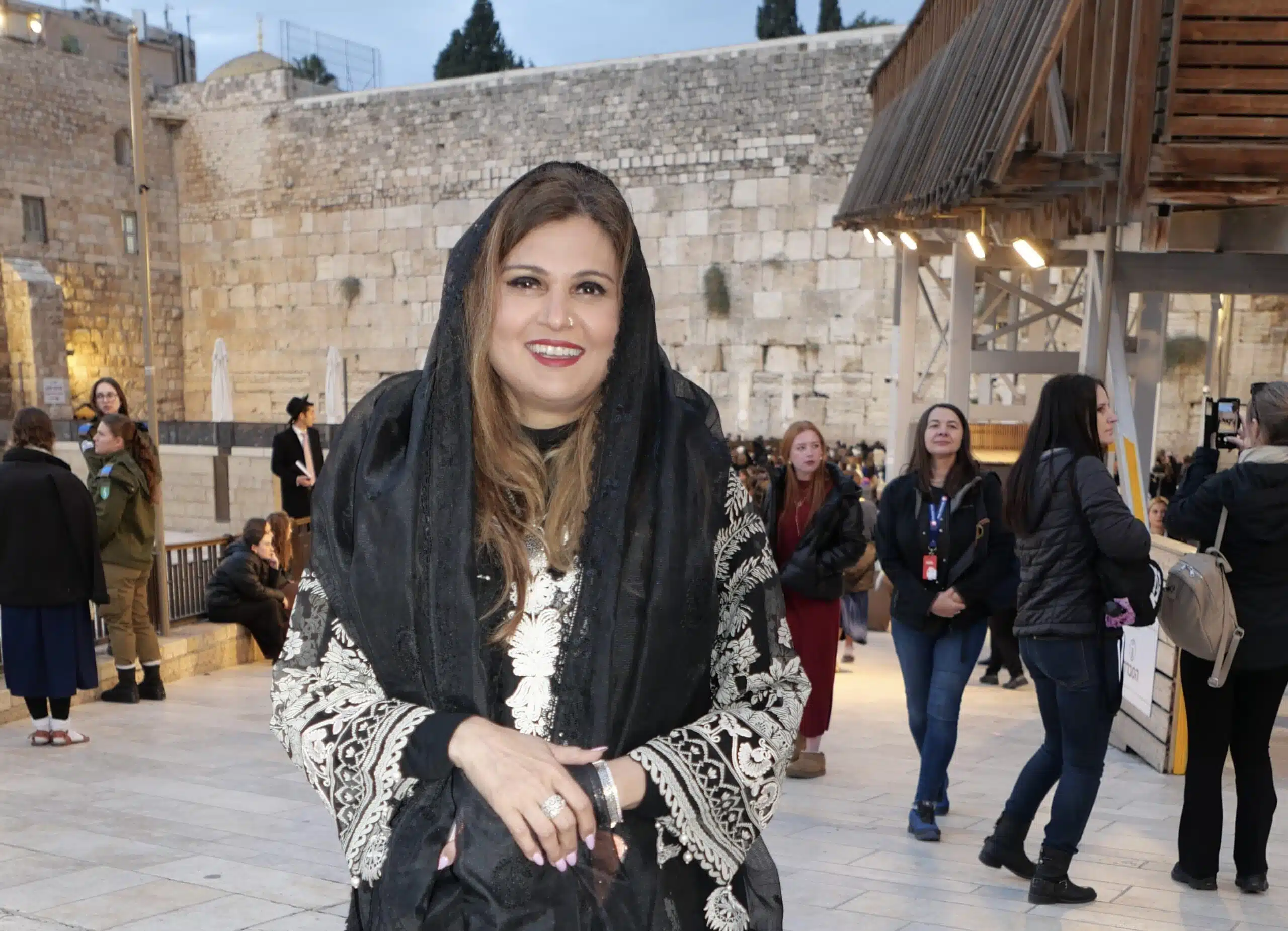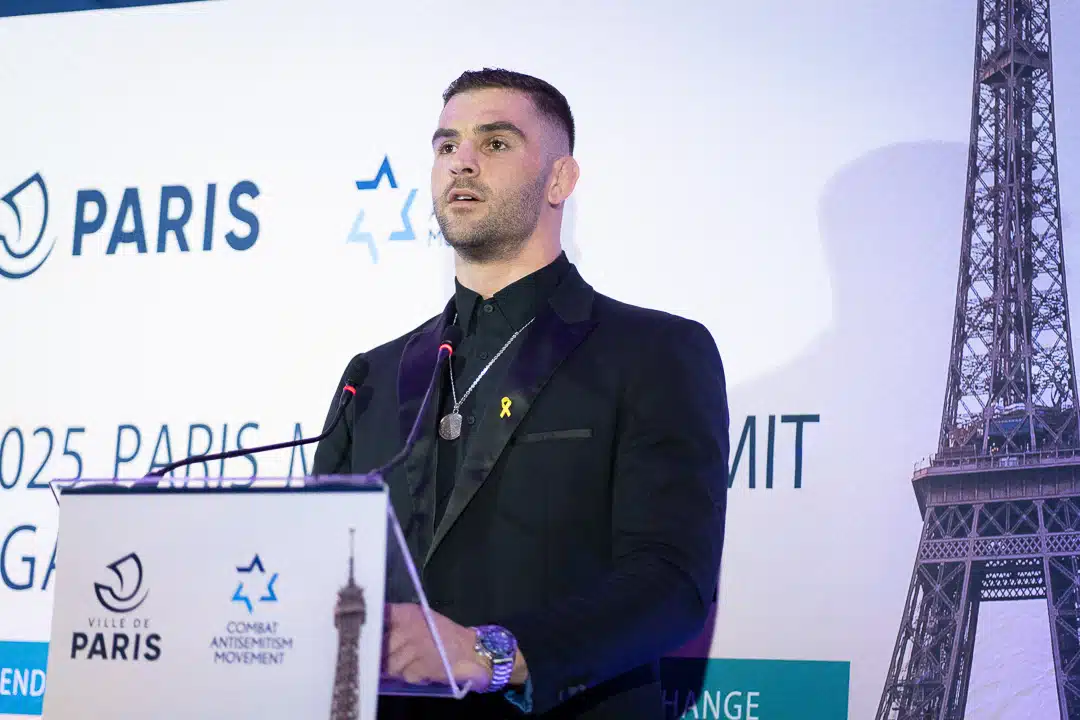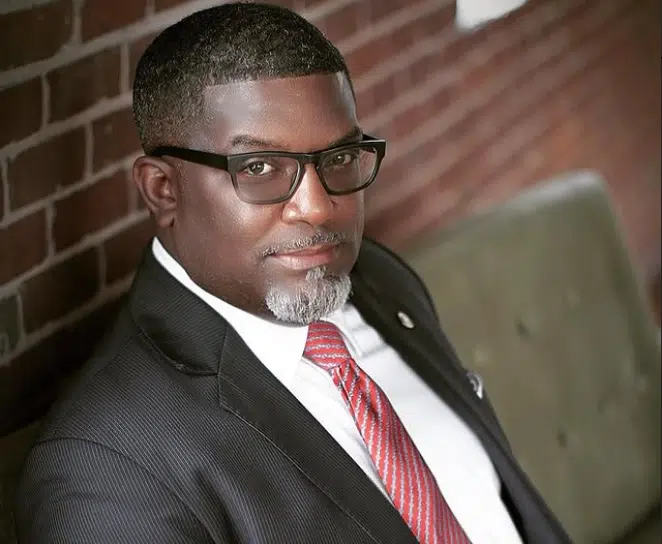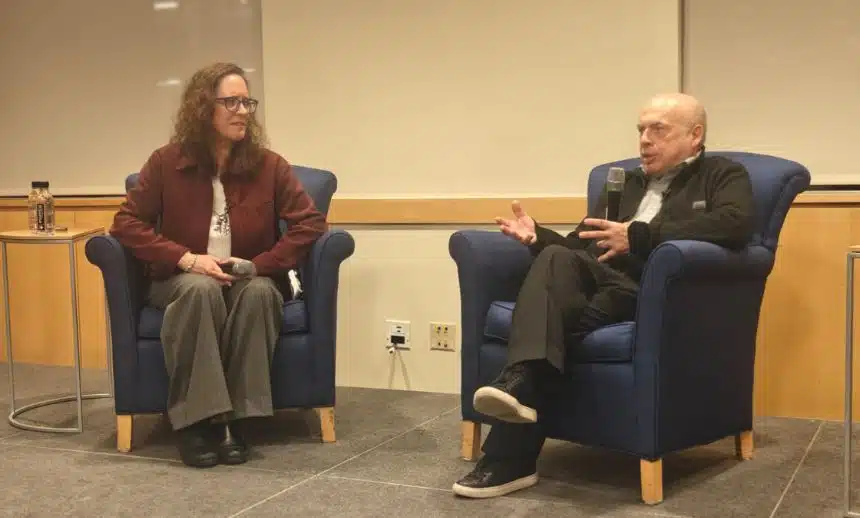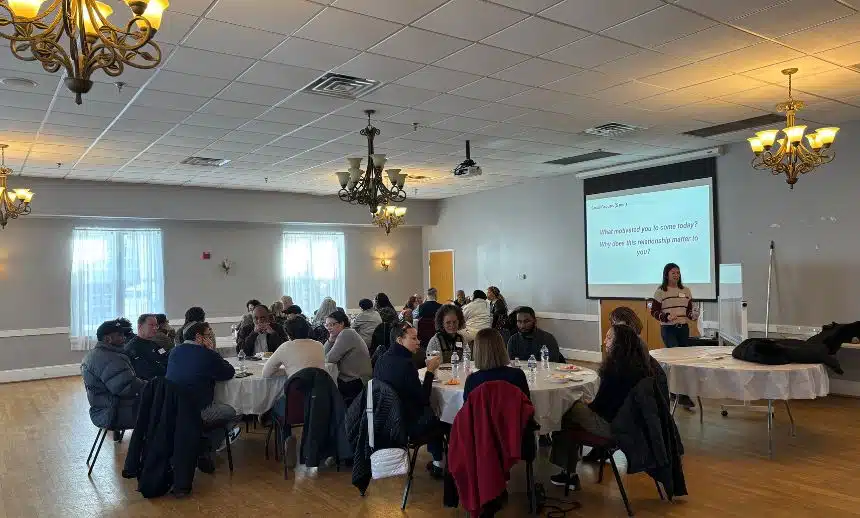|
Getting your Trinity Audio player ready...
|
Two Israeli entrepreneurs who met at the annual Spark Hackathon in Tel Aviv earlier this year have developed a Google Chrome tool to help fight rising Holocaust denial online.
The “Savee” add-on extension uses generative artificial intelligence to enable people to reply rapidly to English-language internet posts about the Holocaust with historical facts from a database built on information pulled from the archives of Yad Vashem and the Ghetto Fighters’ House Museum.
“Savee is a social initiative we want to promote to make an impact,” Savee co-founder Stav Cohen Lasri told the Combat Antisemitism Movement (CAM). “We’re looking to provide people who are doing activism in the digital sphere with a tool to expedite their responses, and duplicate their responses to reach as many posts as possible.”
“The tool can analyze texts, and identify what a text says — for example is it Holocaust related?” she added. “Then it goes to a closed database we created beforehand, with all the relevant facts, and then it generates a summary answer based on the facts which are related to the specific content of the text.”
“There are a lot of initiatives monitoring this type of content, Holocaust denial and antisemitism, and they are really good at it,” she noted. “Their goal is to report to the platform for them to remove it. But no one takes the next step [to respond].”
The tool gives users responses they can modify and choose where to publish.
A minimal viable product (MVP) version is already available at the Savee website, and a four-member volunteer team, led by Cohen Lasri and fellow co-founder Ofer Nidam, are continuing to explore the tool’s value and advance its development and marketing.
“We think there is something here,” Nidam told CAM.
The initial target audience for the tool was young Israeli social media users exposed to misinformation about the Holocaust online “and they don’t know how to react,” Cohen Lasri said.
“First of all, they don’t have the English, and second of all, they don’t have the relevant facts to answer properly,” she continued.
All members of the Savee team are third-generation Holocaust survivors with technological backgrounds.
“We said, ‘Ok, we love innovation, we love technology, how can we use it to do a large-scale impact? What are the problems people are facing in the areas of antisemitism and Holocaust denial?’ And we met a several young people who told us this is the problem that they face,” Cohen Lasri recalled.
“We jumped on the opportunity to connect between two worlds — those who have the knowledge about the Holocaust, but don’t know how to act on social media, and those who know how to act on social media, but don’t have the knowledge,” she said.
“For us, success will be, for example, if student organizations in Europe and the U.S. will have this free and easy-to-use tool when they are trying to do something about this issue,” Cohen Lasri concluded.

